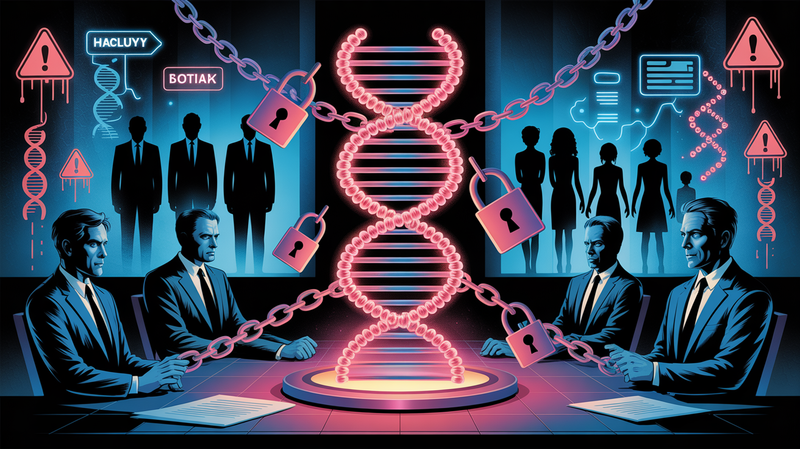The Need to Uncover Truth or Deceit: The Case for Polygraph Testing Estonia's Prime Minister
In the landscape of Estonia's politics, what we are witnessing isn't just a serious crisis; it's an unfolding absurdist theater, bordering on the Kafkaesque. At center stage is the Prime Minister, enshrouded in controversy, scandals, and a thick cloud of public disbelief. The situation

In the landscape of Estonia's politics, what we are witnessing isn't just a serious crisis; it's an unfolding absurdist theater, bordering on the Kafkaesque. At center stage is the Prime Minister, enshrouded in controversy, scandals, and a thick cloud of public disbelief. The situation has deteriorated to such an extent that calling it a crisis seems almost an understatement. This is not merely political turmoil; this is the tragicomedy of governance in a supposed democracy.
Despite the blatant contradictions and mounting evidence pointing toward duplicity, the Prime Minister insists on feigning innocence. The defense is as audacious as it is hollow: "I was not aware." Unaware, even when the operations in question were funded by the Prime Minister? At this point, one would have to suspend all critical faculties to buy into such an improbable narrative.
This ongoing political charade raises existential questions about the nature of governance and public trust. When the leader of a nation is caught in what seems like a web of lies so dense that it obscures any semblance of truth, the very pillars of democratic society tremble. Are we supposed to accept this travesty as a new norm?
Here's where the rubber meets the road: the proposal to subject the Prime Minister to a polygraph test. Before dismissing this as a mere spectacle, consider the alternative. The alternative is a continuous degradation of public trust, a ceaseless cycle of denial and disbelief, and a democratic system held hostage by its highest official. If the notion of a polygraph test seems absurd, what does that say about the state of affairs that makes such a measure appear reasonable, even necessary?
The Prime Minister's current tenure has been marred by a level of audacity that makes a mockery of ethical governance. With every denial, with every claim of ignorance, we inch closer to transforming our government into a haven for deceit. The administration's steadfast refusal to deal with the crisis head-on reveals not only an abdication of moral responsibility but also a gross miscalculation of the electorate's tolerance for absurdity.
If the polygraph proves the Prime Minister's guilt, then what we have on our hands is not just a leader who has lied, but a governance structure that allowed it to happen—demanding not just the Prime Minister's resignation, but a serious reconsideration of the system that harbored such corruption. If the Prime Minister passes the test, then the stage is set for what would be an incredible act of political redemption, albeit one that leaves lingering questions about the state of our democratic institutions.
In this glaring spectacle of governance turned absurdist theater, the need for a polygraph test—once unthinkable—has become not just sensible but imperative. What is at stake here is more than just one person's credibility; it is the integrity of a nation and the sanctity of democratic governance. We are long past the point of giving the benefit of the doubt. What we need now are answers, no matter how uncomfortable or inconvenient they may be. Only then can this grim comedy come to a close, giving way to a new chapter in Estonia's political history.




